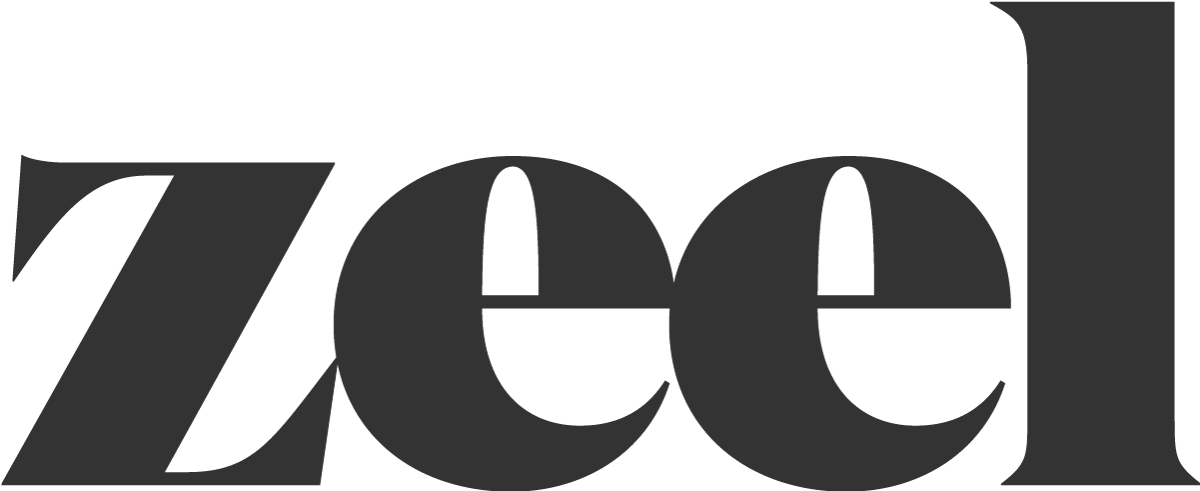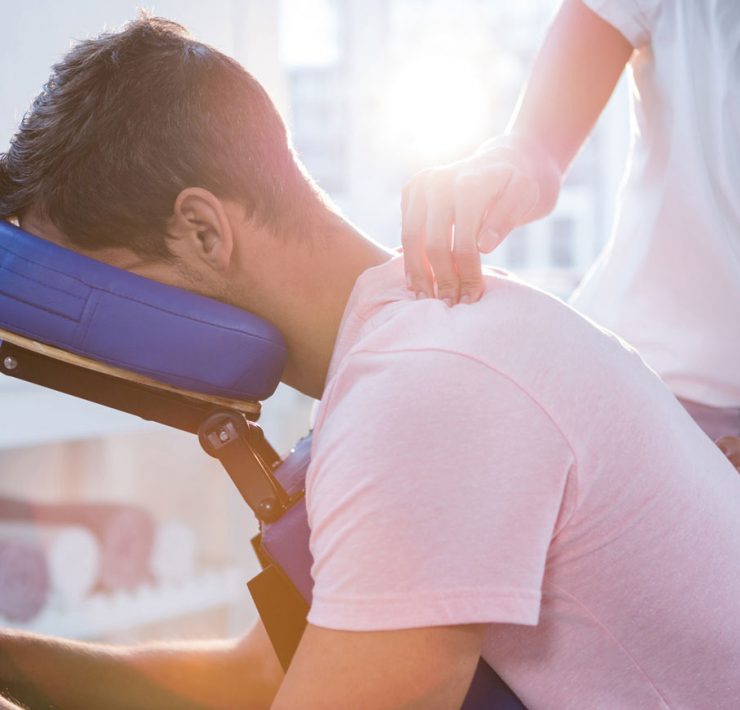Hosting a company health fair is a great way to provide important wellness information to your employees in an engaging, interactive environment. Health fairs are complex, but planning a health fair doesn’t have to be intimidating. Ask yourself these nine questions, and you’ll be on your way to offering a health fair that is beneficial, valuable, and fun.
Before
1. What is a health fair?
A health fair is an event in which you offer a collection of medical screenings, interactive booths, and educational wellness activities for your employees and/or local community. It’s usually part of a greater workplace wellness program. Health fairs are an effective way to engage your workers in their personal health (and if nothing else, distribute a bunch of cool swag and granola bars).
2. Why should I hold a company health fair?
Company health fairs are an opportunity to make health information, resources, and screenings available to all of your employees in an efficient, one-stop manner. Focusing on health leaves employees feeling supported and valued by their company. Additionally, making healthcare and insurance resources available during company health fairs helps reduce absenteeism and lowers insurance costs.
3. What does it take to plan a successful health fair?
Hosting an effective health fair takes time and planning, so ideally you’ll have six months to a year to map out the entire event. A planning team of 3-8 people including managers and stakeholders in various departments will ensure that your health fair accomplishes its goals for your entire company.
Highlight the fun in a health fair by selecting a seasonal theme around which to organize the occasion, like a Valentine’s Day event that focuses on heart health (just one example). If you plan to focus your health fair on a certain aspect of health and wellness, like staying physically active, consider working with a local charity that champions the cause.
4. When is the best time to have a health fair?
Many health fairs take place during the fall and early winter months. Usually, fall health fairs are scheduled specifically to overlap with open enrollment periods for healthcare plans. Your company’s healthcare provider should be represented at a health fair, since employees will want to learn the details of available coverage and how they can best make use of the health insurance plans on offer. In order to host a company health fair in the fall, you and your team should start planning the event at the beginning of that calendar year.
During
5. How long should my health fair last?
Health fairs are typically hosted during the workday, since more employees are likely to attend if the event is on-site. A three- to four-hour window is recommended — so you can easily fit all the activities into half of one business day. While planning your health fair, think about whether your employees will be more engaged (and awake) in the morning or afternoon. Vendor availability may also come into play in scheduling your event.
6. What kinds of vendors should I invite to a health fair?
The vendors at your health fair should represent your company’s values and the interests of your employees. Medical screenings are a valuable way for your employees to assess their own health, and healthcare providers with local practices are a popular choice at company health fairs. Your company insurance provider should definitely have a presence at your health fair as well.
Then branch out with other vendors that offer wellness-related products – anything from health-friendly snacks and local organic restaurants to bike stores and yoga instructors.
Most importantly, make sure you include vendors covering multiple areas of health, from cardiovascular to dental and even mental wellness. Here are some ideas to get you started:
- Medical screenings — blood sugar and pressure, hearing and vision tests, cholesterol and diabetes risk assessments, asthma and allergy screenings
- Health insurance — provide plan details, host one-on-one advising sessions
- Alternative wellness — yoga, meditation, reiki, acupuncture, acupressure
- National health awareness — American Heart Association, American Cancer Society, American Lung Association, American Diabetes Association
- Local health department — your city and state offices to promote local wellness
- Fire and police departments — discuss community safety and protocols
- Dietitian and nutrition experts — advice on healthy eating, weight management plans
7. What fun activities and booths should I host?
Encouraging healthful activities alongside more informative booths is a great way to bring some wellness inspiration to your company health fair. Offer exciting fitness classes like CrossFit, Zumba, or kickboxing, or have a meditation or yoga expert visit the office to lead a guided group class.
- Weight lifting demonstration (proper form and technique)
- Exercise equipment training and tips (learn how to use the gym safely and effectively)
- Group fitness classes (yoga, Zumba, kickboxing, or CrossFit)
- Healthy cooking lesson (share a healthy meal employees can cook together)
- Local gyms and fitness centers (membership benefits and services)
- CPR and first aid (training, helpful tips, resources)
- Chair massage (neck, back, hand, and arm therapies)
Massage is a great addition to a health fair — you can balance out more informational booths with a real live chair massage zone where your employees can experience the benefits immediately.
After
8. How do I measure the results of a health fair?
Your HR manager is likely already tracking metrics like employee sick days and tardiness. Have them compare these numbers pre- and post-event, and see if you can spot any changing trends. Look for reductions in absenteeism and employee turnover rate, and improvements in overall company wellness (e.g. are more people taking advantages of the health resources offered?).
Surveying employees is also a direct way to receive feedback on the usefulness and effectiveness of information provided at the health fair. Which was their favorite booth? How many people signed up for gym reimbursement? Are more people starting to bring healthy lunches to work?
Lastly, follow up with vendors about their results to gauge success, and to continue relationships so they can support your company’s health in the long term.
9. How do I ensure an ongoing positive impact on employee health?
Soliciting feedback through an employee survey is one of the most effective ways to improve your company’s health over time. A one-day health fair is certainly beneficial, but developing a viable corporate wellness program that promotes healthy living throughout the entire year is a more sustainable, big-picture approach to company health.
Learn directly from your employees how they might appreciate being supported by the company in their unique health journeys. Would more information be useful in a particular area? More frequent screenings or flu shot opportunities? Was chair massage a runaway hit? Invite employees to reflect on your health fair offerings, and then work to make the most successful aspects of the fair available year-round.
Related: Getting Started with a Workplace Wellness Program at Your Company
Zack is a writer, producer and marketer with 10+ years' experience in the advertising, nonprofit and tech startup industries. He is currently the Education Production Team Lead at Foundr Magazine, a web site for entrepreneurship education and was previously Content Manager at Zeel. Learn more about Zack on LinkedIn.







